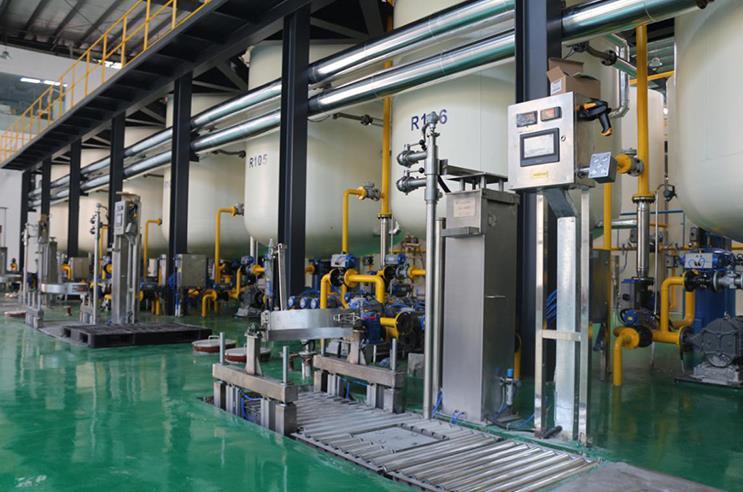Sustainability in Lube Oil Blending Plants: Strategies for Environmental Compliance

As environmental regulations grow stricter worldwide, Lube Oil Blending Plants (LOBPs) face increased pressure to adopt sustainable practices. From reducing emissions to managing waste oil, sustainability is now a core consideration in plant design and operation.
Key Areas of Environmental Concern
Volatile Organic Compound (VOC) Emissions: Additives and base oils can release VOCs during storage and blending. VOCs contribute to air pollution and smog formation, making them a target for regulation in many countries.
Wastewater Management: Blending operations can generate wastewater containing oil traces and chemicals. Improper disposal may lead to groundwater contamination.
Energy Consumption: Heating, pumping, and mixing in LOBPs consume substantial energy. In older plants, inefficient equipment often results in excessive electricity and fuel use.
Waste Oil and Sludge: Off-spec blends, equipment cleaning, and filter changes create waste oil and sludge, which must be properly treated or recycled.
Sustainable Strategies
Closed-Loop Systems: Using sealed piping systems and vapor recovery units helps reduce VOC emissions during blending and transfer operations.
On-site Wastewater Treatment: Installing compact treatment units allows LOBPs to clean their own wastewater to meet discharge standards or even reuse it for non-critical operations like cooling.
Energy Efficiency Upgrades: Switching to variable frequency drives (VFDs), installing thermal insulation, and adopting energy management systems can lower overall energy consumption.
Re-refined Base Oils (RRBOs): Some LOBPs now incorporate RRBOs as a sustainable alternative to virgin base stocks. Properly treated, RRBOs meet the same performance standards while reducing environmental impact.
ISO 14001 Certification: Adopting this environmental management standard provides a framework for continuous improvement in sustainability performance.
Regulatory Trends
In regions like the European Union and parts of Asia, LOBPs are increasingly required to publish Environmental Impact Assessments (EIAs) and implement carbon tracking systems. Failing to comply can result in fines or shutdowns.
Conclusion
Sustainability in LOBPs is not just about regulatory compliance—it's also a competitive advantage. Environmentally responsible blending plants are more attractive to OEM clients, investors, and even insurance providers. As the industry continues to evolve, sustainable operation will be a defining feature of high-performing LOBPs.
- Art
- Causes
- Crafts
- Dance
- Drinks
- Film
- Fitness
- Food
- Jocuri
- Gardening
- Health
- Home
- Literature
- Music
- Networking
- Alte
- Party
- Religion
- Shopping
- Sports
- Theater
- Wellness
- IT, Cloud, Software and Technology


